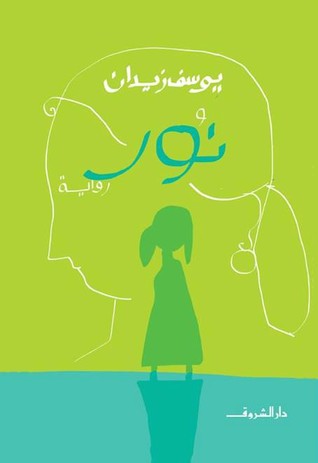
Book
|
Nūr : riwāyah
Copies
1 Total copies, 1 Copies are in,
0 Copies are out.
Title
Nūr : riwāyah
Edition
al-Tabʻah al-ūlá.
Authors
Language
Arabic
Published
Madīnat Naṣr, al-Qāhirah : Dār al-Shurūq, 2016.
Publication Desc
262 pages ;
ISBN
9789770933886
LCCN
2016357920
Series
Dimensions
20 cm








